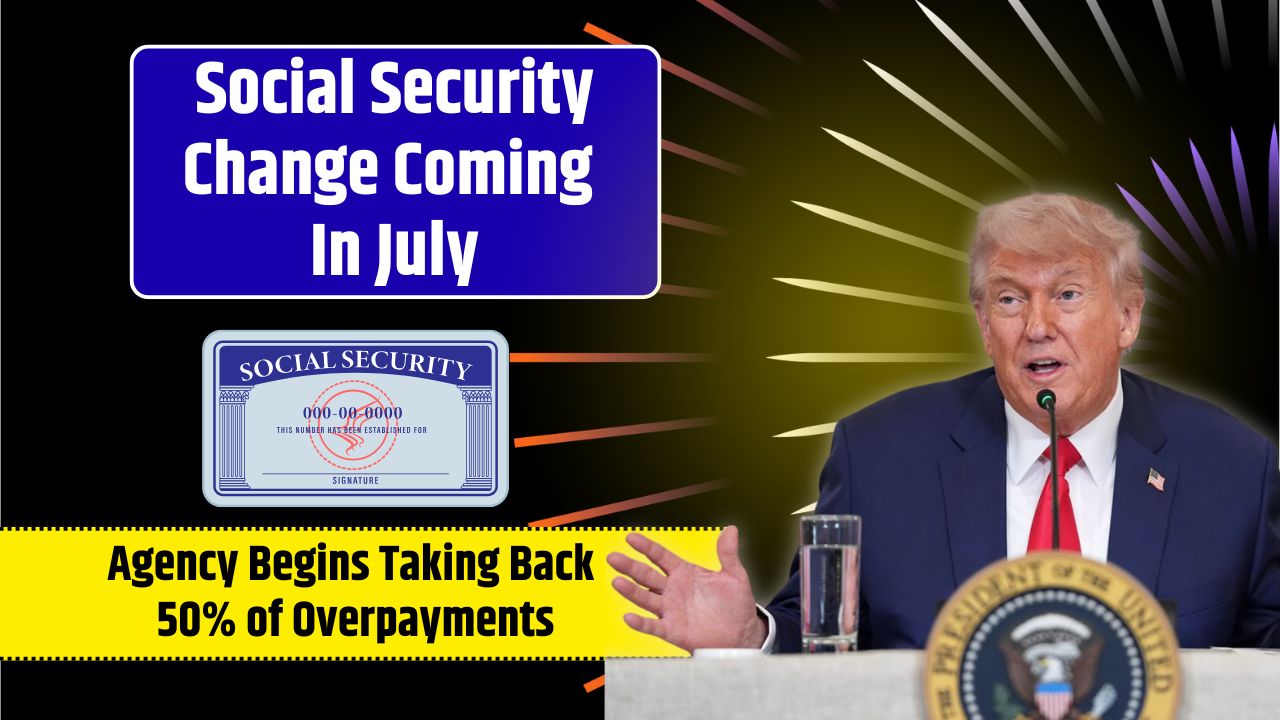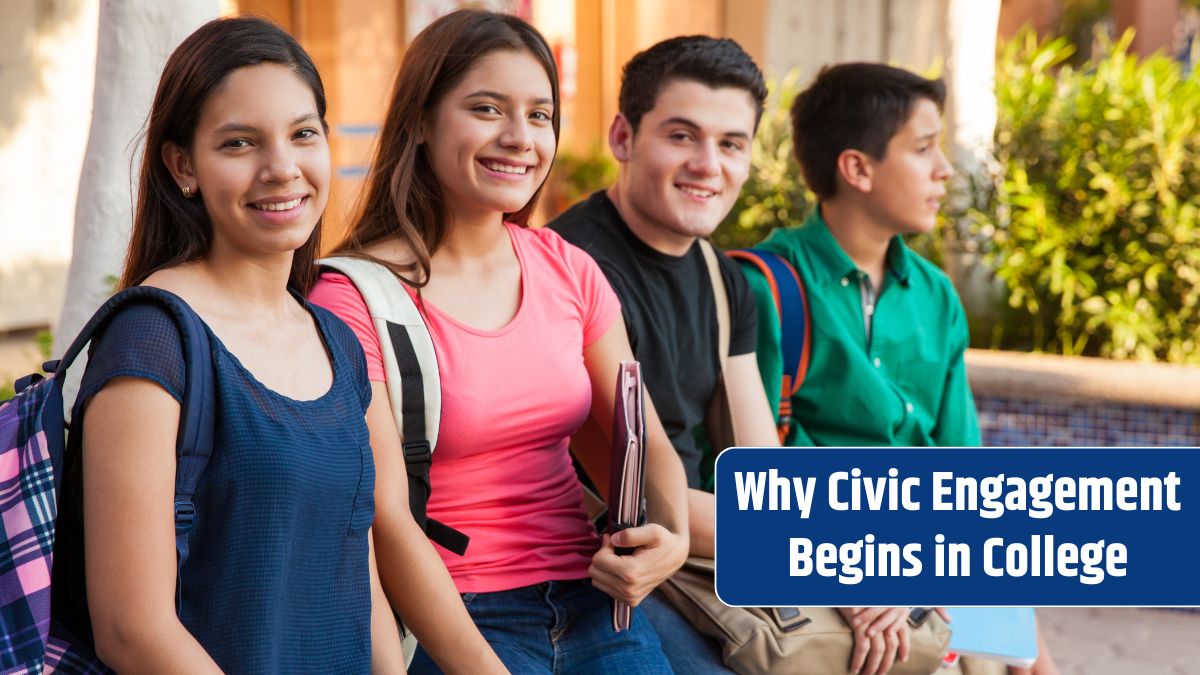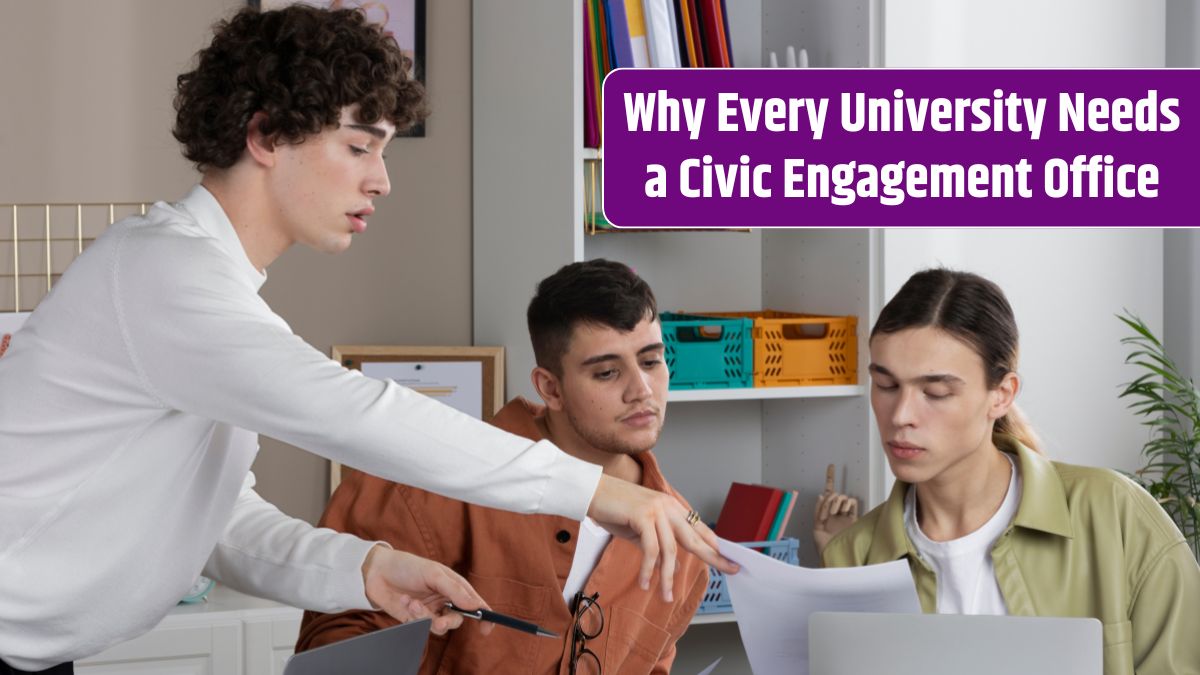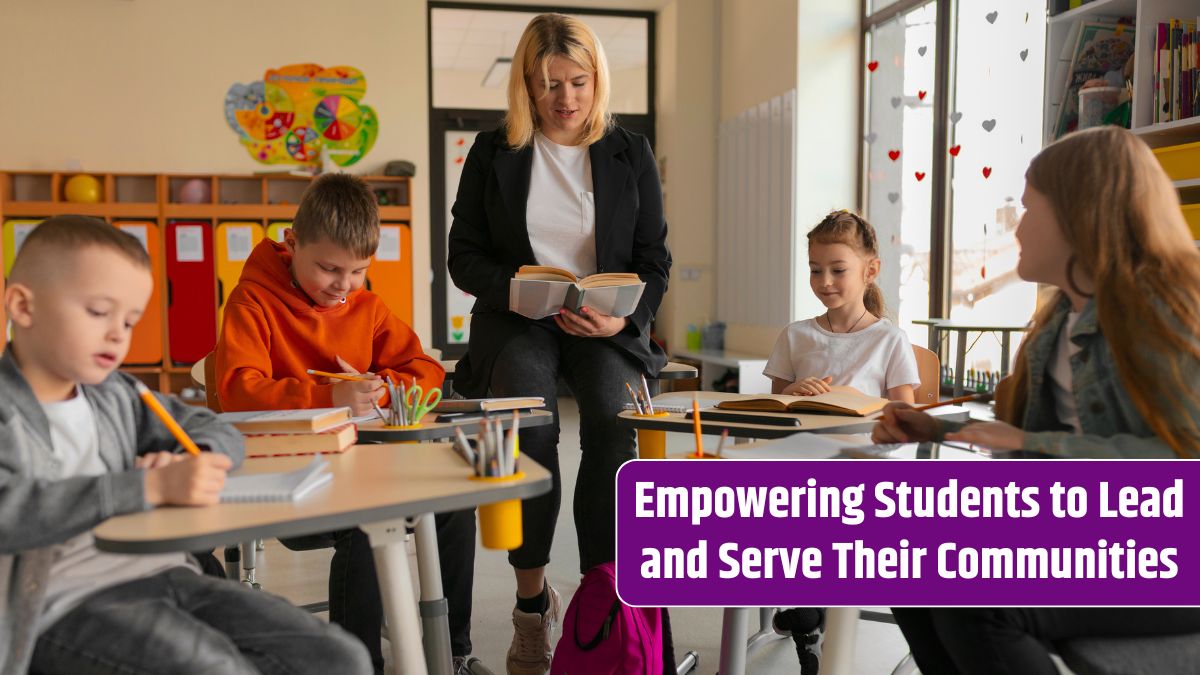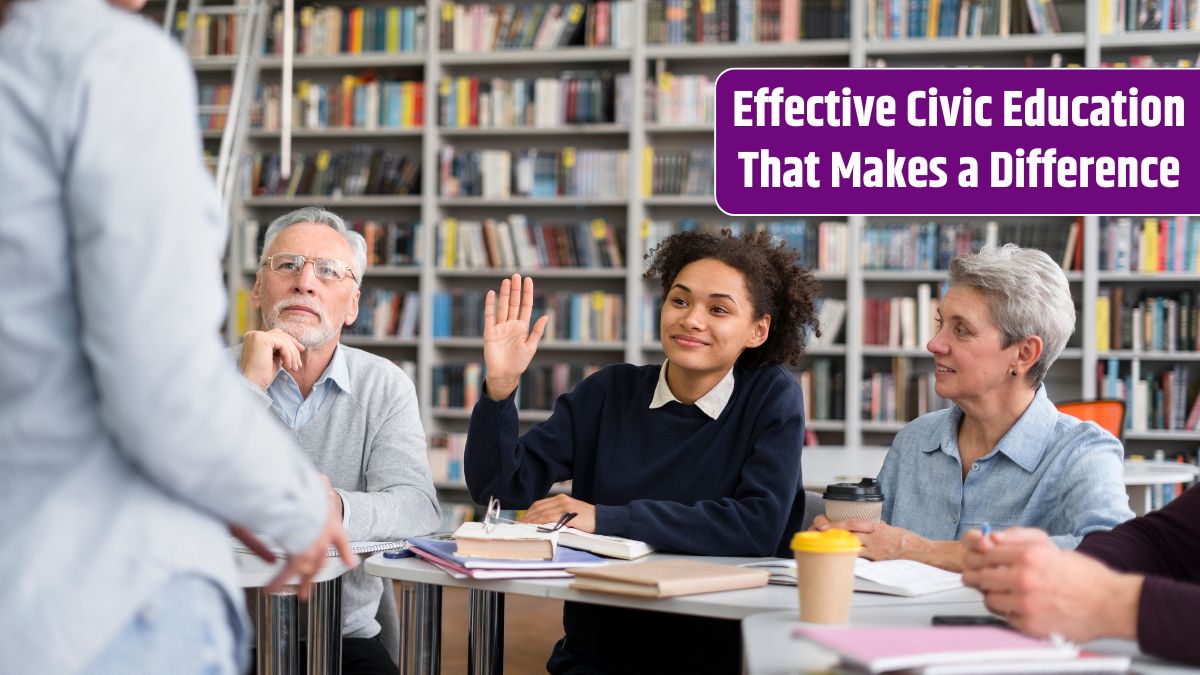Colleges aren’t just ivory towers filled with books and theories—they’re powerful engines for solving real-world problems. But let’s be honest, most colleges can’t tackle global issues alone. That’s where strategic partnerships come into play. By teaming up with businesses, nonprofits, governments, and communities, colleges are bridging the gap between academia and reality—and it’s changing the game for everyone involved.
Table of Contents
Relevance
Why do partnerships matter so much? Because the world is evolving faster than a semester-long syllabus. Industries are shifting, new tech is emerging, and global problems are getting more complex. Colleges that stay in their own bubble risk becoming irrelevant.
Strategic partnerships help institutions stay ahead of the curve. They offer access to current data, industry trends, funding, and hands-on experience for students. These collaborations turn theory into practice and prepare students to hit the ground running once they graduate.
Collaboration
Think of strategic partnerships as a group project—but one where everyone actually pulls their weight. Whether it’s a public-private partnership or a local nonprofit joining forces with a university department, collaboration is key.
For instance, a college might work with a city council to solve housing issues or partner with tech firms to build AI solutions. It’s a two-way street: colleges provide research and fresh minds, while partners offer real-world problems to solve and the tools to solve them.
Here’s a quick look at how different partnerships bring value:
| Partner Type | College Contribution | Partner Benefit |
|---|---|---|
| Private Companies | Student interns, research | Talent pipeline, innovation support |
| Government | Policy input, data analysis | Local solutions, informed decisions |
| Nonprofits | Volunteers, research support | Mission advancement, awareness boost |
| Communities | Education programs | Empowerment, local development |
Innovation
Partnerships spark innovation like flint to steel. When you put academic brains together with industry challenges, creative solutions start flying.
Take healthcare, for example. Colleges can collaborate with hospitals to create AI-powered diagnostic tools. Engineering students can partner with manufacturers to design sustainable packaging. These aren’t just assignments—they’re future-changing innovations born in the classroom and tested in the real world.
Opportunity
These partnerships aren’t just beneficial for society—they’re goldmines of opportunity for students. Internships, hands-on projects, mentorship, and even job offers stem directly from strategic collaborations.
Plus, it’s not just the big-name universities getting in on the action. Community colleges and liberal arts schools are forming impactful partnerships that uplift underserved areas, boost local economies, and give students direct access to meaningful work.
Sustainability
A smart partnership doesn’t just solve problems temporarily—it builds long-term impact. Colleges that foster continuous collaboration contribute to sustainable development goals like clean energy, quality education, and economic growth.
Moreover, these partnerships keep college curriculums fresh and relevant. Faculty benefit too, getting access to field research, grant funding, and collaboration opportunities they wouldn’t find otherwise.
So, when you think of colleges making a difference, picture more than classrooms. Think of research labs co-developed with companies, think tanks advising governments, and students building startups alongside entrepreneurs.
The future of higher education is not in isolation—it’s in collaboration. And with the right partnerships, colleges don’t just prepare students for the real world—they actively shape it.
FAQs
What is a strategic college partnership?
It’s a collaboration between a college and external organizations to solve real problems.
How do students benefit from partnerships?
They get internships, real-world experience, and career opportunities.
Which sectors partner with colleges?
Businesses, governments, nonprofits, and local communities.
Do small colleges form partnerships too?
Yes, even community colleges engage in impactful partnerships.
Why do colleges need partnerships?
To stay relevant, solve real issues, and enhance education.





